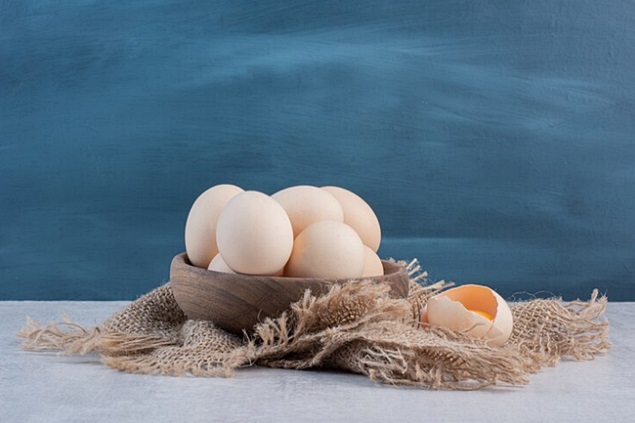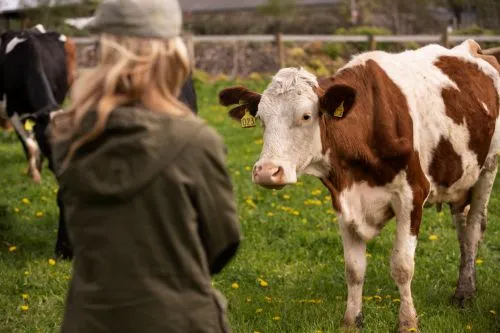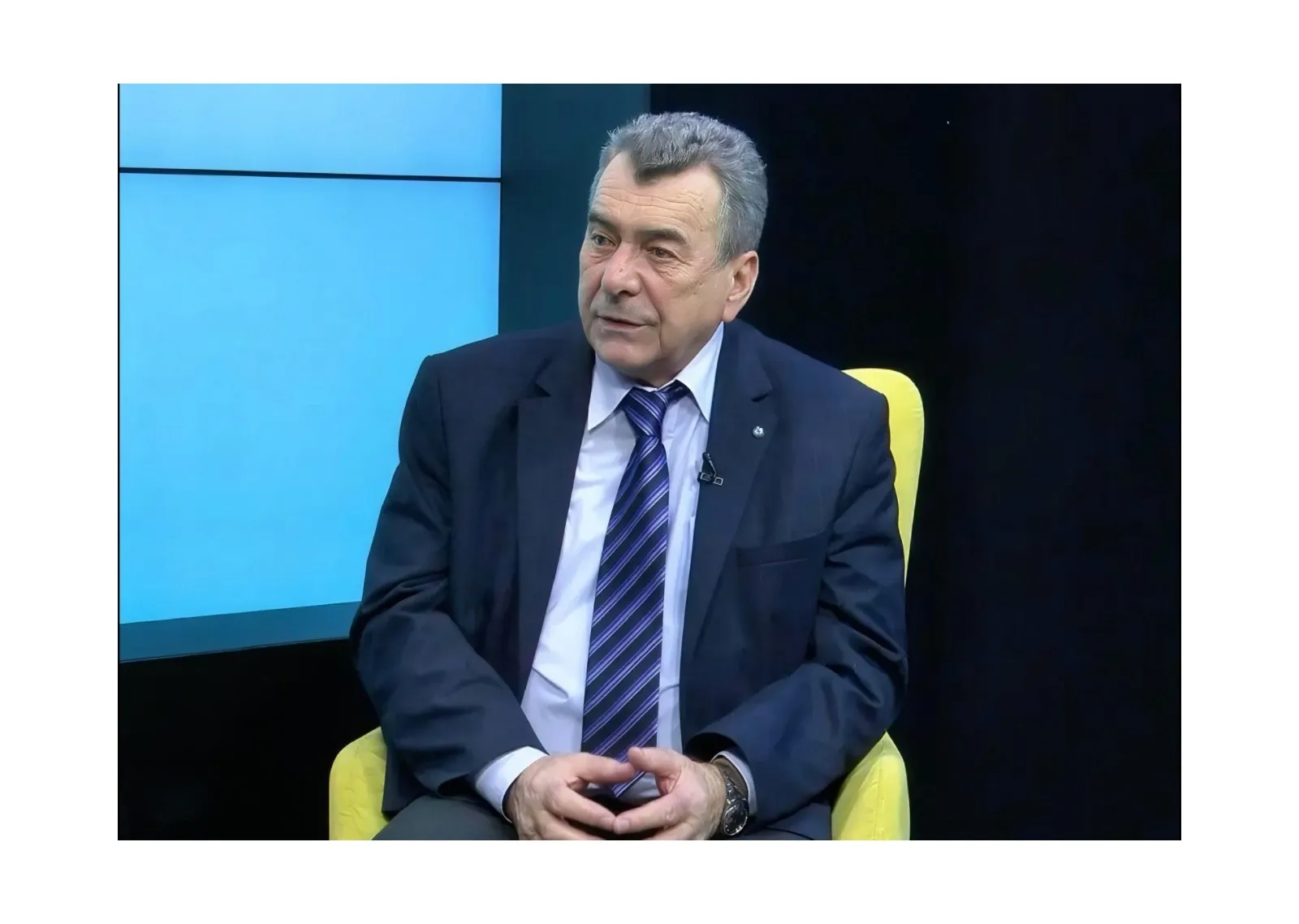1510

Against the backdrop of increasing Ukrainian exports to the EU, the European Commission insists that the trade relationship is functioning smoothly but admits that there is "some risk" that imports could lower prices and threaten local production of poultry, eggs, and sugar.
Vulnerability and Risk
"We do not see any very significant negative developments in the EU agricultural market," said Pierre Bascou, Deputy Director of the Commission for Agriculture, to Members of the European Parliament who expressed concern about the increasing Ukrainian imports at a meeting of the European Parliament's Agriculture Committee last week.
However, Bascou acknowledged that the EU executive had identified "some vulnerability and risk" in sectors such as poultry, eggs, and sugar. "This is an aspect we are monitoring very closely," he added.
The EU temporarily lifted restrictions on imports from Ukraine in June 2022, following Russia's invasion of the country, leading to an influx of Ukrainian goods into the EU market that pushed prices down, especially in frontline countries - namely Hungary, Poland, Slovakia, and Romania.
Issues with Poultry Meat
While cereals and oilseeds account for the majority of imports - Ukraine being one of the world's largest cereal exporters - MEPs also emphasized other agricultural products.
"Ukrainian exports of poultry meat [to the EU] have increased by about 150% compared to pre-war levels, and eggs (...) by over 100%," said center-right MEP Norbert Lins.
In response, Bascou highlighted a decrease in EU egg production in recent months, caused by "rising input costs and [the impact of] outbreaks of avian flu," and a simultaneous increase in consumer demand.
The EU remains one of the world's largest producers of poultry meat and a net exporter, with an annual production of approximately 13.4 million tonnes, according to EU data.
However, the European Association of Poultry Processors and Poultry Trade (AVEC) warns that EU competitiveness is declining and says that the increase in imports from Ukraine, as well as Brazil and Thailand, "is very worrying."
A "Sticky" Issue
Tensions are also rising regarding sugar, especially in France. "Factories have been closed," said French MEP Anne Sander.
Ukraine's sugar exports to the EU increased from 25,000 tonnes between October 2021 and July 2021 to 390,000 tonnes in the same period last year, according to EU data.
The French sugar beet growers' association (CGB) has called for "a clear response from the European Commission on how to manage this future influx of sugar" in a presentation on November 28. The association fears that increased volumes could lead to price decreases and could harm local producers.
However, Bascou emphasized that "sugar prices remain at a very high level (...) at over EUR 800 per ton."
The average price of sugar in the EU "reached record levels in 2023," according to EU Agriculture Commissioner Janusz Wojciechowski. "Due to severe summer drought, sugar production for 2022/2023 is estimated to be nearly 12% lower than the previous year," he said on Sunday (December 3) in a written response to MEP Peter Jahr.
Similarly, Bascou urged MEPs not to forget that the EU "was dependent [on Ukrainian imports] before the war and [remains so] after the war." He added that Hungary and Romania are "net importers" of sugar.
Frontline countries do not back down on cereals
Meanwhile, the European Commission confirmed to Euractiv that national bans on imports from Ukraine are still in place in Hungary, Poland, and Slovakia, which unilaterally imposed them in September, and expressed concern.
EU Vice-President Valdis Dombrovskis met with Slovak Deputy Prime Minister Peter Kmec on Friday (December 1) to discuss ways to "de-escalate the situation," a Commission spokesperson told Euractiv.
Dombrovskis and Kmec discussed improving the so-called "solidarity lanes" - alternative land routes established by the EU for Kiev to export cereals and oilseeds after Russia withdrew from a UN-mediated agreement in the Black Sea that allowed safe passage of goods. ships. (Photo: Freepik)





